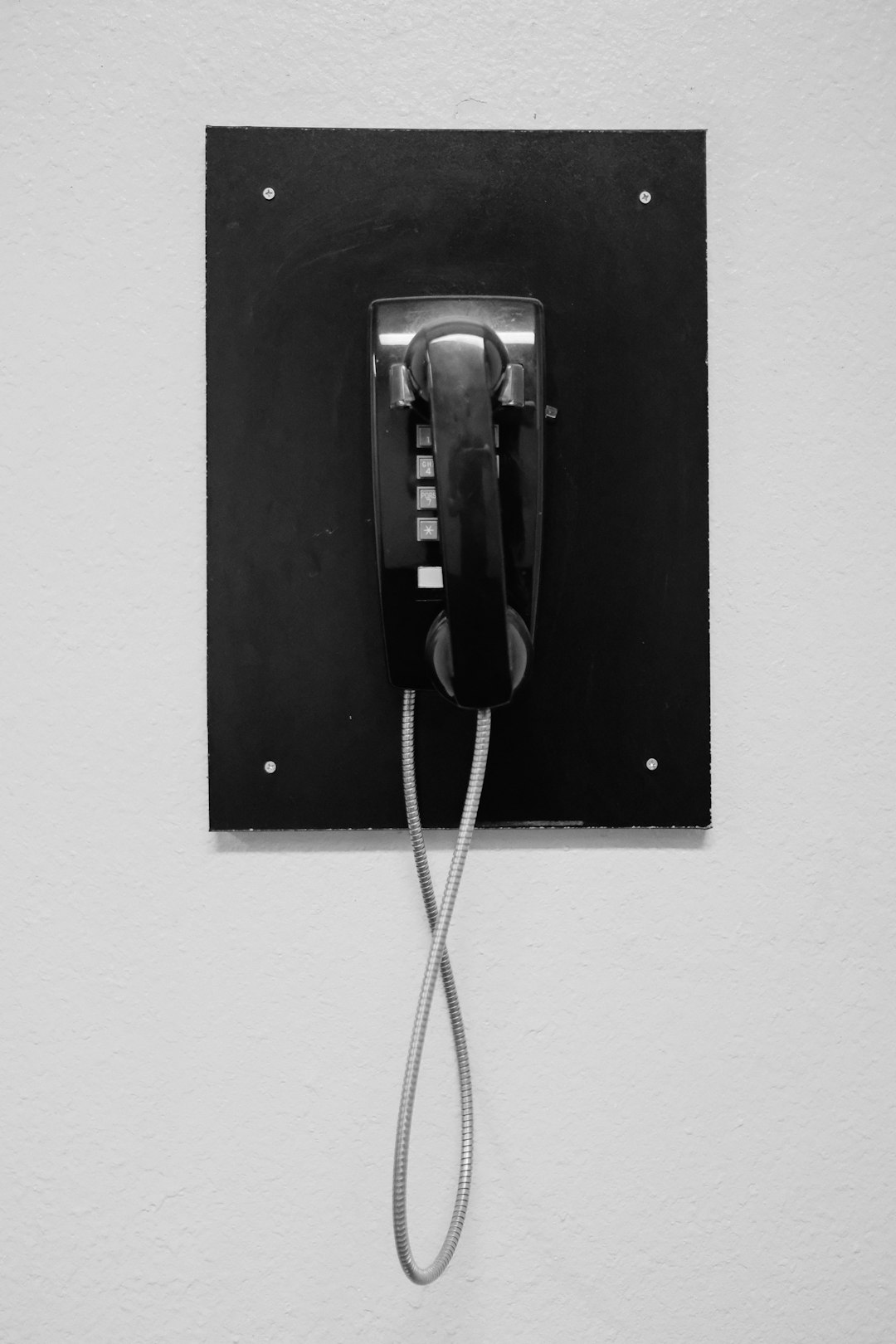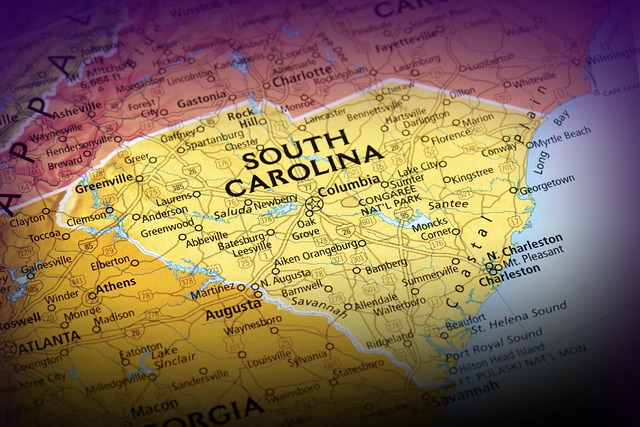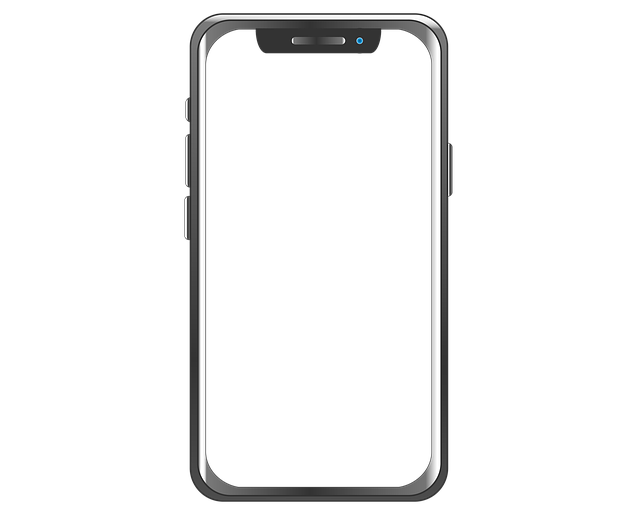South Carolina's Telephone Consumer Protection Act (TCPA) offers robust protection against unwanted phone marketing calls, or spam calls, empowering residents to combat intrusive telemarketing practices. Greenville residents can tackle spam through technology (call blocking apps), awareness (identifying patterns), and legal recourse (reporting and consulting a spam call law firm South Carolina). Registering on the National Do Not Call Registry and leveraging local consumer protection attorneys provide additional layers of defense against persistent spam calls, ensuring peace of mind and privacy.
In Greenville, South Carolina, protecting your privacy from relentless spam calls is more than a nuisance; it’s a right. This guide navigates the bustling landscape of telemarketing laws and offers practical strategies to identify and prevent unwanted calls. We explore the legal actions available against aggressive spammers and highlight valuable resources from a top-rated spam call law firm in South Carolina. By implementing these measures, Greenville residents can reclaim their peace of mind and enjoy greater privacy.
Understanding Spam Calls and the South Carolina Laws Against Them

Spam calls, often referred to as unsolicited or unwanted phone marketing calls, are a widespread nuisance. These calls can include prerecorded messages, live salespeople, or even automated systems designed to target consumers with various offers, promotions, or scams. In South Carolina, these practices are regulated by the state’s spam call law firm, which aims to protect residents from intrusive and deceptive marketing tactics.
The South Carolina Spam Call Law, also known as the Telephone Consumer Protection Act (TCPA), imposes strict rules on businesses engaged in telemarketing activities. It allows consumers to file complaints against companies that violate these laws, offering significant financial penalties. The law specifically prohibits automated or prerecorded calls to residential telephone numbers without prior express consent from the caller and requires clear and conspicuous opt-out mechanisms during live sales calls. Understanding your rights under this legislation is a crucial step in safeguarding your privacy and peace of mind against unwanted spam calls.
Identifying and Preventing Spam Calls in Greenville

In Greenville, identifying and preventing spam calls is a multifaceted approach that combines technology and awareness. Start by recognizing common patterns—unwanted calls from unknown numbers, frequent robocalls, or pre-recorded messages offering dubious services. These are red flags indicating potential spam. Utilizing reliable call blocking apps and software designed to filter out such calls can significantly reduce your exposure. Many modern smartphones have built-in features for this purpose, and there are also dedicated applications available that learn and adapt to block specific types of calls, including those from known spam call law firms in South Carolina.
Additionally, staying informed about local regulations is paramount. South Carolina has laws in place to protect consumers from spam calls, offering avenues for reporting and seeking legal recourse against persistent or harassing callers. Registering on the National Do Not Call Registry is another effective step, though it primarily targets telemarketing calls. For targeted spam, consider consulting with a local attorney specializing in consumer protection to understand your rights and explore tailored prevention strategies.
Legal Actions You Can Take Against Spam Callers

If you’ve been a victim of persistent spam calls in Greenville, SC, it’s important to know that there are legal avenues to protect your privacy and put an end to this nuisance. The first step is to gather evidence—save any voicemails or text messages from the caller and note down dates and times of contact. This information can be invaluable when taking action against the spammer.
In South Carolina, several laws protect consumers from unwanted telephone solicitations, including spam calls. You can report these calls to the Federal Trade Commission (FTC) and your state attorney general’s office, who have the authority to investigate and take legal action against violators. Additionally, a reputable spam call law firm in South Carolina can guide you through the process of filing a complaint and pursuing legal remedies, which may include seeking damages for each violation of your privacy.
Resources and Tools for Effective Privacy Protection in SC

In South Carolina, several resources and tools are available to help residents protect their privacy from unwanted spam calls. One effective method is to register your number with the National Do Not Call Registry, which restricts telemarketer calls. Additionally, many local phone service providers offer call-blocking features that can significantly reduce spam calls.
For more robust protection, consider consulting a spam call law firm in South Carolina. These legal experts specialize in navigating state and federal laws related to telemarketing and can provide tailored advice on blocking and suing spammers. They also stay updated on the latest technologies and tactics used by spammers, ensuring you have access to the most effective privacy protection measures available.






